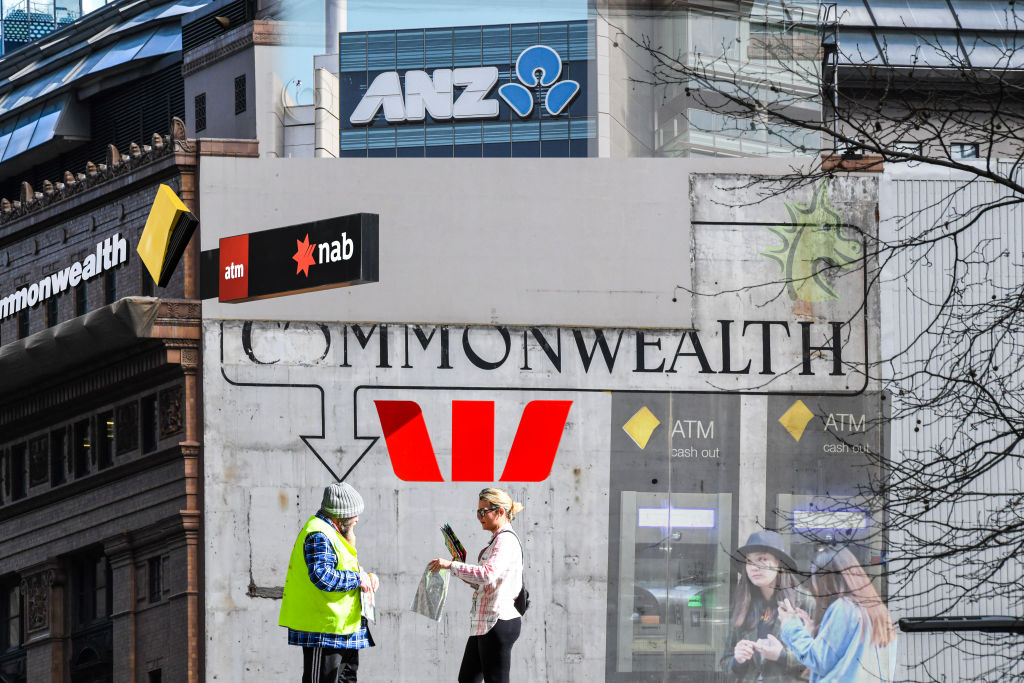Single mortgage rate rise would put one in 20 home owners into financial hardship, survey shows

A single mortgage rate rise would be enough to push one in 20 home owners into financial hardship, a new survey shows, as ongoing lockdowns hit the savings buffers of those who have lost work during the pandemic.
A home loan rate hike would plunge 5 per cent of borrowers into financial hardship and leave them requiring financial assistance, according to a national survey by comparison website Finder.
The survey of almost 600 Australians found these borrowers felt they would need assistance if their current home loan interest rate increased out-of-cycle, ahead of any change to the cash rate by the Reserve Bank (RBA).
Another 53 per cent of respondents said they would try to negotiate a lower rate with their lender; a quarter would refinance to another lender, while fewer than one in five borrowers said they would take no action.
The proportion of home owners facing financial hardship with a rate rise was likely to have increased since the survey in late July, said Kate Browne, a personal finance expert at Finder. It would rise further still as lockdown continued, as those who lost work and those who’ve cut back on work to home-school children struggled to make ends meet.
“The financial health of Australians has been knocked around over the past 18 months, with many entering current lockdowns with very little reserves,” she said. “There’s a risk this further economic shock could lead to Australians falling behind on their mortgage payments if they don’t have adequate support.”
Already almost 24,000 people accessed a range of bank support measures between early July and early August, with more than 14,500 home loans deferred, figures from the Australian Banking Association show. More than 10,450 of the deferrals made between July 8 and August 1 were in NSW. Comparatively, almost 500,000 home loans were deferred at the peak of the crisis in 2020.
A growing number of people have also been considering refinancing in recent months, Ms Browne said, as lockdowns prompted them to reassess their financial situation. The rise of some fixed-rate loans in recent months, headlines of future hikes to the cash rate and strong offers from competing lenders had also played a role.
“Even people still employed and who are fairly stable financially are having a serious think about where they can save money … and this is one of the easiest ways we can save,” she said.
Those borrowers unable to make mortgage repayments after losing work yet again due to lockdown are being referred to the Financial Rights Legal Centre, which offers advice and advocacy to those in financial stress.
“A lot of people are getting referred to us by their banks,” said senior policy and communications officer Julia Davis. “Banks right now are happy to give out hardship assistance for people in good order, but for people who have been in hardship for the past 18 months, they’re not willing to extend assistance the way they used to.”
So far, foreclosures have not been an issue, Ms Davis said, but she felt a rate rise would push more than 5 per cent of borrowers into hardship, given the levels of existing financial stress. She noted that about 40 per cent of NSW households were in mortgage stress last month, according to an analysis by Digital Finance Analytics.
“It’s pretty tragic, plenty of people who have called us were finally back on their feet in early 2021, and back to regular payments … now they’re back to having no income and can’t afford anything, and the banks are sending them to us.”
Calls for help had eased when government support payments increased but still remained high, Ms Davis noted, adding the influx of calls received when additional restrictions were announced – such as the temporary ban on construction activity in NSW – showed many people had no savings buffer.
HSBC Australia chief economist Paul Bloxham said home owners should not have to face rate hikes anytime soon, with both local and global interest rates likely to remain low for years to come.
“Interest rates are going to stay slow for quite some time, the RBA is still aligned on 2024 at the earliest, and those comments pre-date the more recent extended lockdowns and worsening economic conditions,” he said, adding he did not expect rates to change at all on his own forecast, which runs to the end of 2022.
Low rates, combined with government support payments and mortgage deferrals, should help people stay in their homes, Mr Bloxham said. He added the overall labour market was fairing better than expected, as businesses looked ahead to life after lockdown but noted activity was down sharply.
However, Mr Bloxham warned he did not expect the economy to see another V-shaped bounce back post-lockdown but a more drawn-out recovery that would require the support of the ongoing monetary and fiscal policy.
Given the strong competition in the home-lending market, Finder’s Kate Browne said anyone who did face a rate hike should try to negotiate with their lender and go elsewhere if they would not offer a better rate.
Ms Davis added that anyone in financial stress should contact a free financial counsellor to assess their options before refinancing.
We recommend
We thought you might like
States
Capital Cities
Capital Cities - Rentals
Popular Areas
Allhomes
More










